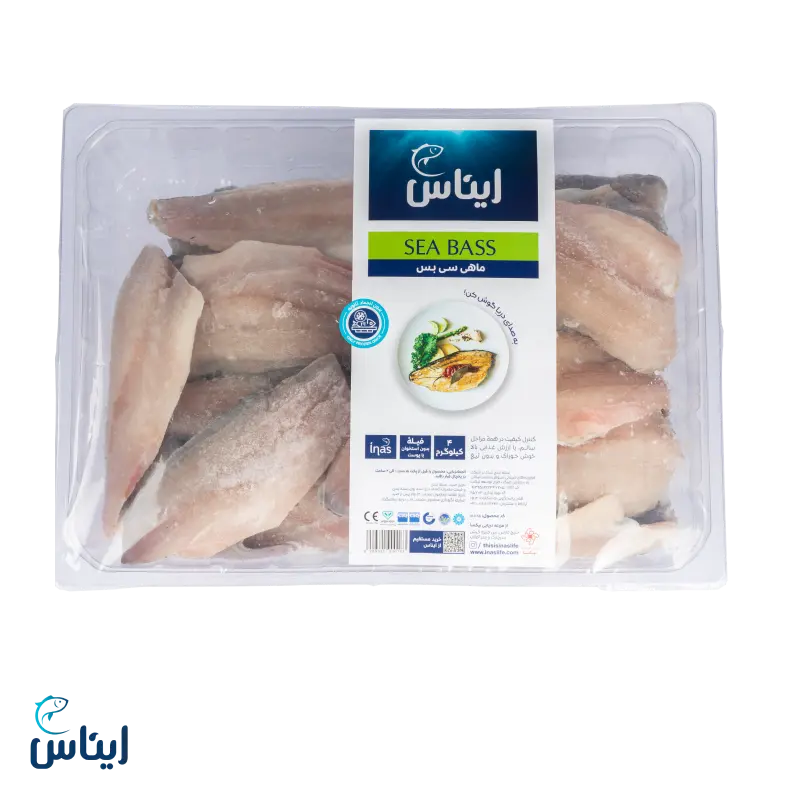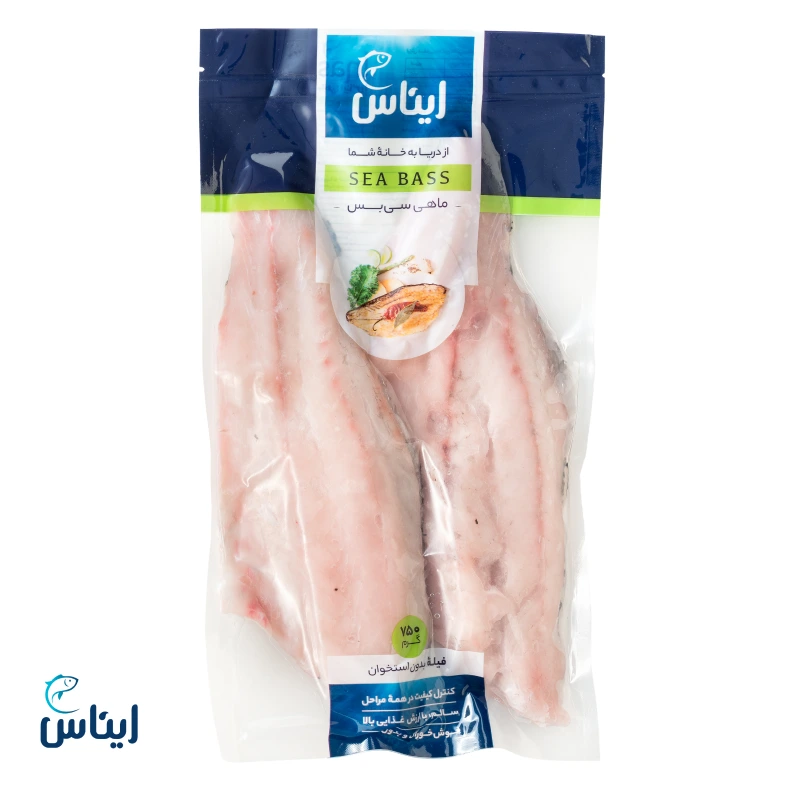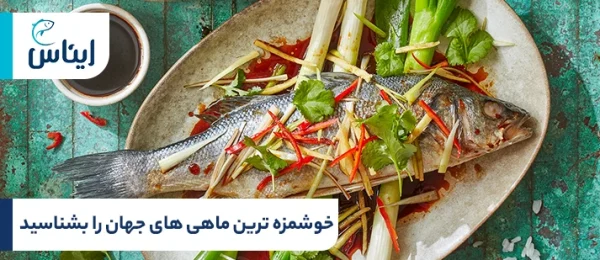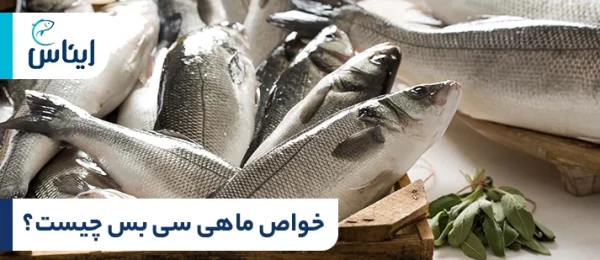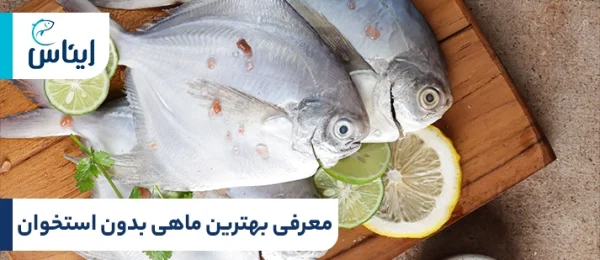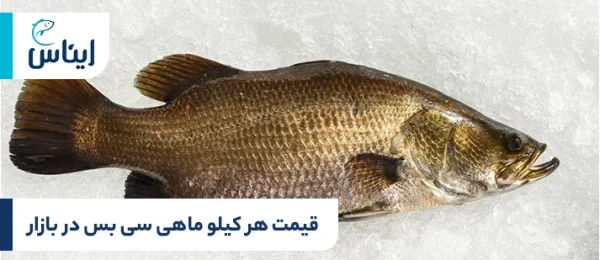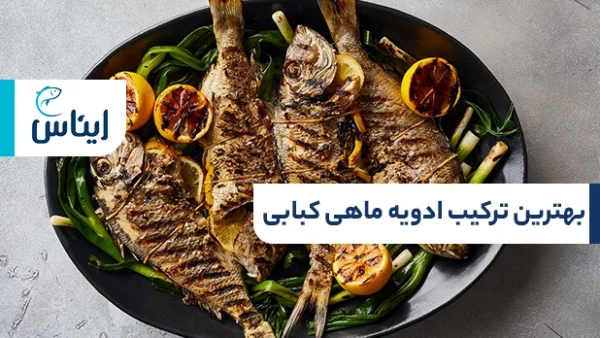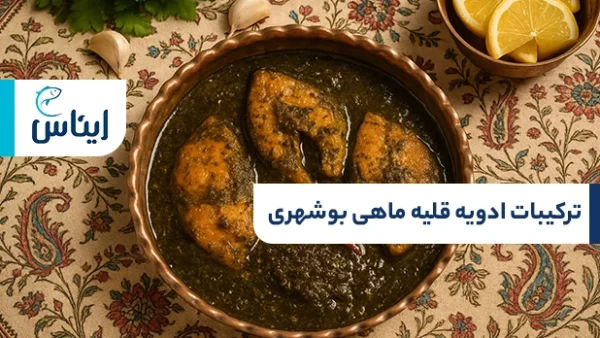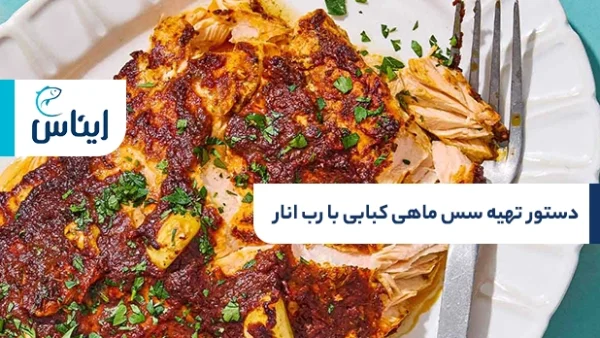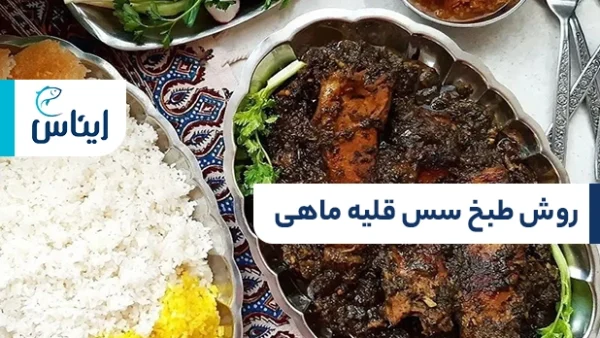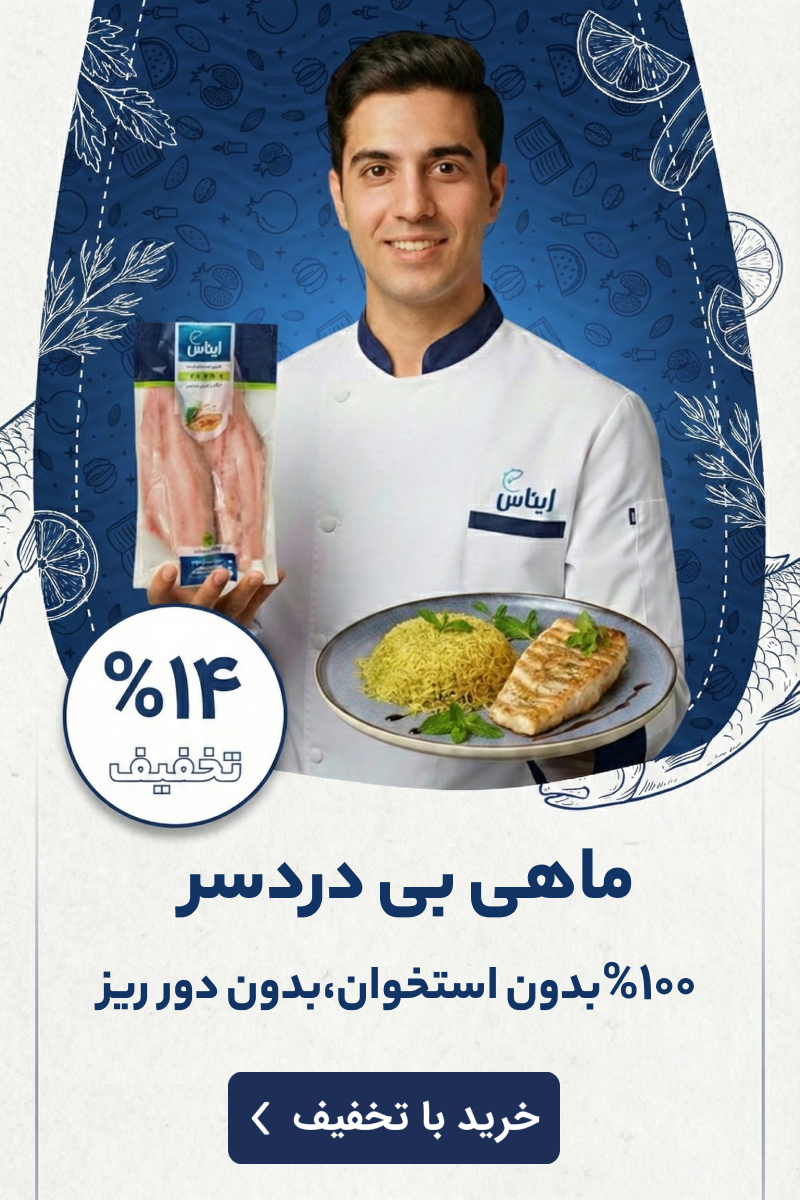تازه از
خلیج فارس
به صدای دریا گوش کن
خلیج فارس
به صدای دریا گوش کن

تولید ماهی با به روز ترین تکنولوژی دنیا
ما لارو ماهی را از بهترین تامین کنندگان تهیه می کنیم. ماهی های کمتر از یک گرم در مرکز رشد نگه می داریم تا زمانی که وزن آنها به 5 تا 6 گرم برسد و سپس آنها را به قفس های بزرگ خلیج فارس منتقل می کنیم تا به وزن 600 تا 700 گرم برسند و آماده صید می شوند.

خرید مستقیم
محصولات ویژه


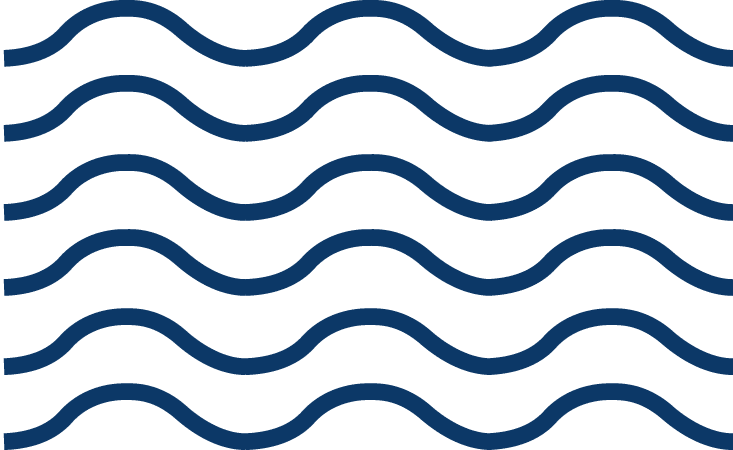
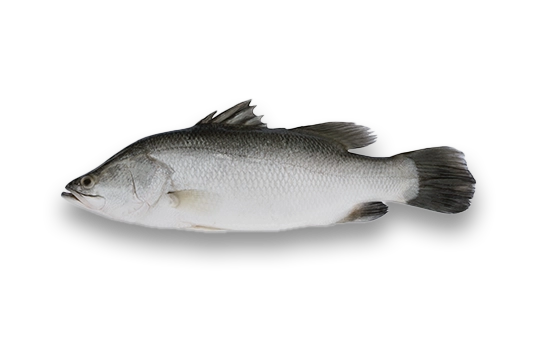
سی بس

سیبریم


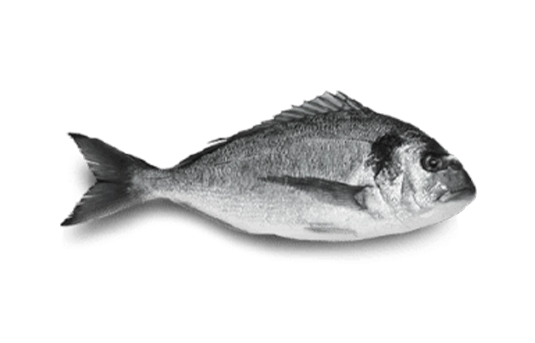

سی بس


سیبریم


ماهی؛ ایناس!
از مزرعه دریایی نیکسا
شرکت طرح توسعه نیکسا با ظرفیت تولید ۳۰۰۰ تن ماهی در سال از بزرگترین تولیدکنندگان ماهی غرب آسیا بشمار میرود.
تولید ماهی در ۲۴ قفس به ظرفیت ۱۲۵ تن، غذادهی تمام اتوماتیک، بهره بردن از مرغوبترین انواع غذای ماهیان و راهاندازی و تکمیل قریبالوقوع بخشهای هچری و نرسری با همکاری شرکای شاخص بینالمللی، زنجیره تامین بینظیری را در اختیار این شرکت قرار داده است.


ماهی؛ ایناس!
- تهیه و طبخ آسان
- استفاده از روش تونل انجماد سریع
- کنترل کیفیت در تمام مراحل تولید
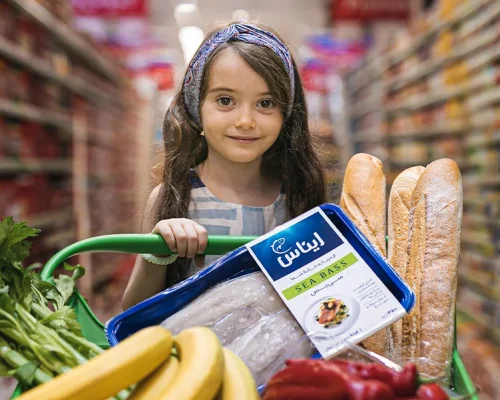
ماهی؛ ایناس!
تهیه و طبخ آسان
استفاده از روش تونل انجماد سریع
کنترل کیفیت در تمام مراحل تولید

آخرین مطالب
آخرین مقالات
فهرست خوشمزه ترین ماهی های جهان 2025
- توسط عرفان طیبی
- 0 دیدگاهها
10 دقیقه
خواص ماهی سی بس برای سلامتی
- توسط عرفان طیبی
- 0 دیدگاهها
بهترین ماهی بدون استخوان بازار کدام است؟
- توسط عرفان طیبی
- 0 دیدگاهها
لیست قیمت هر کیلو ماهی سی بس + جدول
- توسط عرفان طیبی
- 0 دیدگاهها

دستور پخت
جدیدترین دستورهای پخت
20 دقیقه
آموزش ادویه ماهی کبابی [ترکیب جادویی]
- توسط عرفان طیبی
- 0 دیدگاهها
20 دقیقه
ترکیب ادویه قلیه ماهی بوشهری چیست؟ جادوی مزه
- توسط عرفان طیبی
- 0 دیدگاهها
30 دقیقه
تهیه سس ماهی کبابی به 3 روش حرفه ای
- توسط عرفان طیبی
- 0 دیدگاهها
30 دقیقه
روش تهیه سس قلیه ماهی؛ خوشمزه و سریع در 4 گام
- توسط عرفان طیبی
- 0 دیدگاهها







